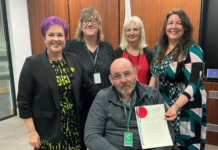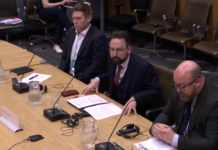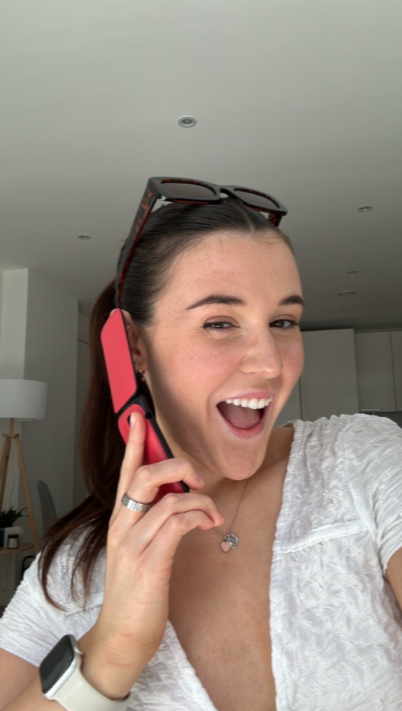Jess Farnham ‘Digital Detox’ YouTube video* – https://youtu.be/fzkizSWouvo?si=PPnZV39YW5RGmO_T
According to a new Platinum Spas wellbeing study, 77% of people who have tried a digital detox found that it had a positive effect, in fact, 27% of people regularly include it in their daily wellness routines.(1)
The new data prompted PS to speak with Jess Farnham (24, Manchester), who recounts her experience of swapping her iPhone for a flip phone, navigating daily life without the constant pull of social media, and the benefits she noticed in her mental health, sleep, and productivity.
PS: What motivated you to start a digital detox, and what was the biggest factor driving your decision to unplug?
JF: I wanted to do a digital detox because I realized how much time I was spending a day on my phone. My screen time was sometimes up to 8 hours a day whilst working full time and wanting to eat, sleep, socialize, I felt like I was wasting every day on my phone. The biggest factor was definitely that I was complaining about not having enough time in a day to do everything yet would be spending hours and hours a day on my phone.
PS: What were the biggest challenges you faced during your digital detox, and how did you overcome them?
JF: The biggest challenge for me was that I felt as though I was missing out on the latest celebrity and influencer updates, as well as what my friends were doing. But even after 24 hours of my digital detox, the feeling of missing out disappeared because I enjoyed my newfound freedom and missing hours in the day. And after completing the detox I realized that I actually didn’t miss out on anything, and I didn’t mind feeling a bit out of the loop and so I now feel more comfortable doing it going forward.
PS: What positive changes did you notice during and after the detox in areas like your mental health, productivity, or relationships?
JF: I felt a lot less anxious as I found I wasn’t relying on the dopamine hits of going on my phone to get me through the day – I also found new hobbies and things to fill my time such as painting. I was a lot more productive and felt I had achieved a lot more in the week. When I was spending time with people, I felt more present in the moment and felt I was able to appreciate them and spend time with them a lot more.
PS: What surprised you most about your experience e.g. did you learn something unexpected about yourself or your habits?
JF: I was surprised just how much I enjoyed not being on my phone and how much I enjoyed picking up new hobbies and habits instead. I didn’t realize actually how anxious my phone was making me, so this was a positive realization too.
PS: What advice would you give to others considering a digital detox, and do you have tips for making it more manageable?
JF: I would say everyone needs to do a digital detox because I think the majority of people don’t expect how positively it will impact their lives. To make it more manageable I would suggest starting with small habits such as turning off notifications to apps, setting screen time limits and being more conscious about how many times you subconsciously scroll every day. I would really recommend getting a non-smart phone that you can switch your sim card out to as I was worried that people wouldn’t be able to contact me in emergencies so having this helped reduce my anxiety.
PS: What activities or habits replaced your usual screen time, and how did those enhance your daily life?
JF: I began reading again, both fiction and non-fiction books which I feel have led to having a better quality of life. I also started painting, which was creative and fun but also calming.
PS: What’s your relationship with technology now – have you fully embraced a new way of living, or have you found a balance?
JF: I have found more of a balance. My screentime has not reached 8 hours again since I did this challenge and I do try and spend a couple of days a month off my phone, using a flip phone instead. This is definitely something I want to incorporate more in 2025 to make it a regular part of everyday life. I have also turned off all notifications and have screen times set up for all my social media apps, so I receive that reality check of how much time I spend on my phone.
PS: Did the digital detox affect your physical health in any way, such as improved sleep or reduced screen-related fatigue?
JF: I felt the digital detox did benefit my sleep as I was able to fall asleep faster and feel like my sleep was less disrupted.
PS: Was there a specific app, platform, or habit that you were most relieved to step away from?
JF: Instagram & TikTok as I didn’t realize how draining I was finding these by seeing everyone else’s lives and subconsciously comparing myself to others.
PS: What was the first thing you noticed about your mental state after starting the detox?
JF: The main thing was that I felt a lot less anxious, and I also felt more positive as ISet featured image wasn’t getting the dopamine hit from scrolling on my phone but getting it from other sources instead.
PS: Would you do it again? If so, how often do you think people should take a break from their screens?
JF: Yes 100% I would do it again and I think people should at least have 1 full day a week with a break from their phone.
Feel free to use the above quotes.
Help keep news FREE for our readers
Supporting your local community newspaper/online news outlet is crucial now more than ever. If you believe in independent journalism, then consider making a valuable contribution by making a one-time or monthly donation. We operate in rural areas where providing unbiased news can be challenging. Read More About Supporting The West Wales Chronicle























